Search
Search Results
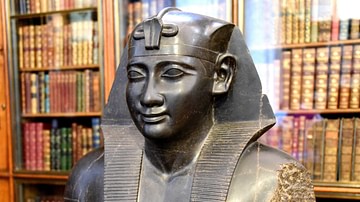
Definition
Ptolemaic Dynasty
The Ptolemaic dynasty controlled Egypt for almost three centuries (305-30 BCE), eventually falling to the Romans. Oddly, while they ruled Egypt, they never became Egyptian. Instead, they isolated themselves in the capital city of Alexandria...
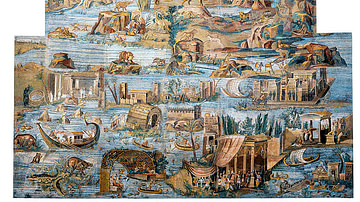
Article
The Economy of Ptolemaic Egypt
Ptolemaic Egypt rapidly established itself as an economic powerhouse of the ancient world at the end of the 4th century BCE. The wealth of Egypt was owed in large part to the unrivalled fertility of the Nile, which served as the breadbasket...

Definition
Ptolemy II Philadelphus
Ptolemy II Philadelphus ("The Sibling Loving", r. 282-246 BCE) was the second ruler of the Ptolemaic Dynasty. He consolidated the kingdom conquered by his father Ptolemy I and presided over its golden age. Ptolemy II invested heavily in Alexandria...
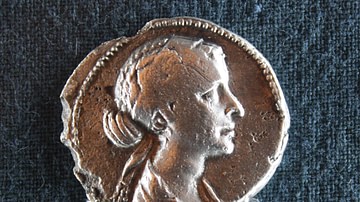
Lesson
Ptolemaic Dynasty in Ancient Egypt
We have prepared one lesson plan including classroom activities, assignments, homework, and keys as well as: Open questions adaptable for debates, presentations, and essays Recommended resources to provide you and your students with...
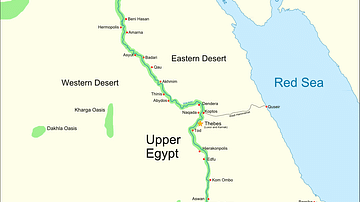
Definition
Dodekaschoinos
The Dodekaschoinos (literally "Twelve Cities" in Greek) was the name of a region in Lower Nubia that became an important province of the Ptolemaic Kingdom after it was annexed from Meroitic Nubia by the Egyptian kingdom. The area...
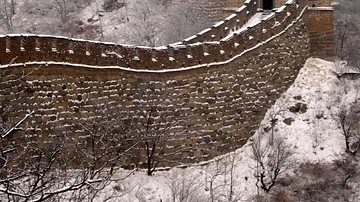
Definition
Ancient China
Ancient China produced what has become the oldest extant culture in the world. The name 'China' comes from the Sanskrit Cina (derived from the name of the Chinese Qin Dynasty, pronounced 'Chin') which was translated as 'Cin' by the Persians...
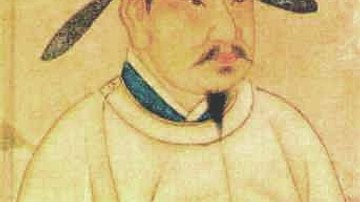
Definition
Tang Dynasty
The Tang Dynasty (618-907 CE) was one of the greatest in Imperial Chinese history. It was a golden age of reform and cultural advancement which lay the foundation for policies which are still observed in China today. The second emperor, Taizong...
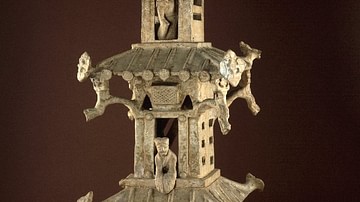
Definition
Han Dynasty
The Han Dynasty (202 BCE - 220 CE) was the second dynasty of Imperial China (the era of centralized, dynastic government, 221 BCE - 1912 CE) which established the paradigm for all succeeding dynasties up through 1912 CE. It succeeded the...
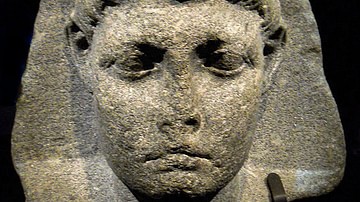
Definition
Caesarion
Ptolemy XV Caesar “Theos Philopator Philometor” (“the Father-loving Mother-loving God”) (c. 47-30 BCE), better known by his unofficial nickname Caesarion or “Little Caesar” in Greek, was the oldest son of Cleopatra VII (69-30 BCE) and was...

Definition
Cleopatra
Cleopatra VII (l. c. 69-30 BCE, r. 51-30 BCE) was the last ruler of Egypt before it was annexed as a province of Rome. Although arguably the most famous Egyptian queen, Cleopatra was actually Greek and a member of the Ptolemaic Dynasty (323-30...